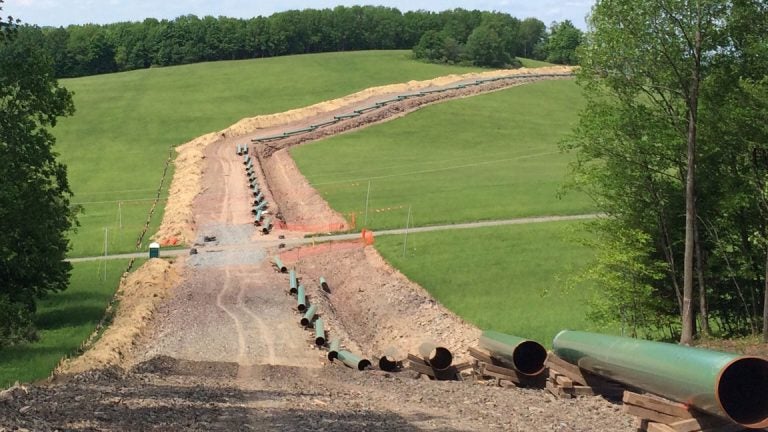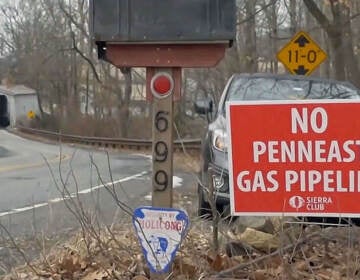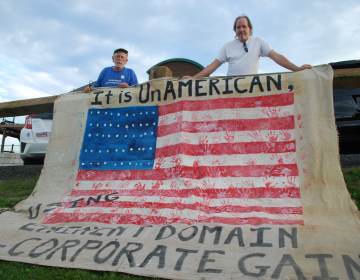PennEast will appeal to US Supreme Court over lower court’s adverse ruling
The company is looking to overturn a decision that denied its bid to condemn state-owned lands for $1 billion pipeline project.

PennEast’s bid to condemn state-owned properties as part of its plan to build a pipeline was blocked by a lower court. (Twenty20/NJ Spotlight)
This article originally appeared on NJ Spotlight.
—
PennEast Pipeline LLC yesterday vowed to appeal to the U.S. Supreme Court a lower court ruling that looms as a major impediment to its proposed 120 mile-project to bring natural gas from Pennsylvania into New Jersey.
The company announced in a press release it would seek to overturn a decision by the U.S. Court of Appeals for the Third Circuit that denied PennEast’s bid to condemn state-owned lands for its $1 billion project.
The three-judge panel ruled in September that private companies do not have the authority to condemn state-owned lands under the 11th Amendment to the U.S. Constitution. Under the doctrine of sovereign immunity, a state cannot be sued by a private company without its consent.
The lower court decision upends nearly 80 years of practice by the natural gas industry and ignores the intent of Congress in passing a critical provision of the Natural Gas Act, according to PennEast.
“The Third Circuit’s decision has implications far beyond the PennEast project,’’ said Anthony Cox, chairman of the PennEast Pipeline Company Board of Managers. “No interstate pipeline nationwide of any significant length can be built without crossing land where a state claims an interest.’’
PennEast and its backers say the pipeline is needed to provide supplies to New Jersey customers. More than 75% of customers in the state heat their homes with natural gas, which also provides more than 41% of the state’s electricity.
“Demand for natural gas continues to grow, and new infrastructure across the Northeast has not kept up, in part due to politics and regulatory delays,’’ Cox said. “The result has been forced gas moratoriums that threaten customer reliability, higher energy bills and higher carbon emissions.’’
The decision to ask the highest court to review the case is not unexpected. “Based on the law, we don’t think the Supreme Court should pick up this case. However, given Trump’s appointments to the court, who knows,’’ said Jeff Tittel, director of the New Jersey Sierra Club.
If the nation’s highest court rules against PennEast, the company could opt to ask Congress to rewrite the Natural Gas Act to allow condemnation of state-owned lands, or reconfigure the proposed pipeline route around state lands.
WHYY is your source for fact-based, in-depth journalism and information. As a nonprofit organization, we rely on financial support from readers like you. Please give today.




